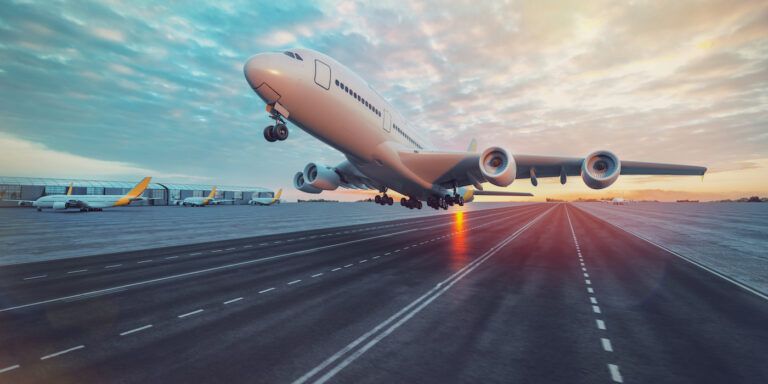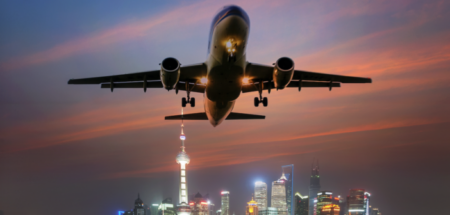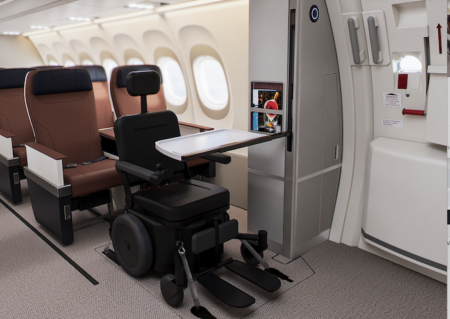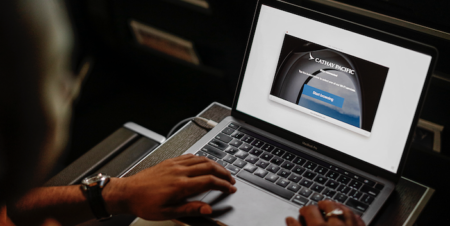According to a survey of more than 3,000 frequent flyers enrolled with US airline loyalty programmes, 60% of those frequent flyers plan to return to the skies within the next six months. The survey was conducted by Xenophon Analytics based in Washington, D.C., using its Frequent Flyer Database, which consists of more than 200,000 opt-in frequent flyers from across the USA.
Prior to the pandemic, 73% of respondents took more than three trips a year and 38% of them flew six or more times. 84% of those frequent flyers have not flown since Covid-19 was declared a pandemic and health emergency in mid-March.
“Large numbers of air passengers are ready to begin flying again, which is good news for the airline industry,” said David Fuscus, president of Xenophon.
Of the frequent flyers who indicated they are planning travel in the next six months, 63% are planning on personal travel, while 10% will be travelling for business and 27% will be travelling for both reasons. Of those travelling for pleasure, two-thirds said they will be taking a holiday or vacation and one third will be attending an event such as graduations, weddings or anniversaries.
“It is clear from the data that after months of quarantine and restricted movement, people have cabin fever and want a vacation,” continued Fuscus.
However, the anticipated surge in flying comes with high expectations from passengers, with virtually all respondents ranking social distancing, face masks for crews and passengers, availability of hand sanitiser, good aircraft disinfection procedures, and an increase in the use of touchless technology, such as facial recognition, as necessary to gain their confidence.
“Frequent flyers want and expect social distancing, disinfecting, face masks and empty middles seats,” said Fuscus. “But they also want an increase in contactless technology at airports’ check-in and security lines to help prevent the spread of the virus.”
The survey found that 86% of flyers ranked contactless technology as important in helping prevent the spread of Covid-19 and most want to see it at check-in and baggage drop, security screening, and boarding the flight. 68% thought that the pandemic would lessen privacy concerns about biometric technologies, like facial recognition, and make the technology’s integration into everyday life more acceptable.





